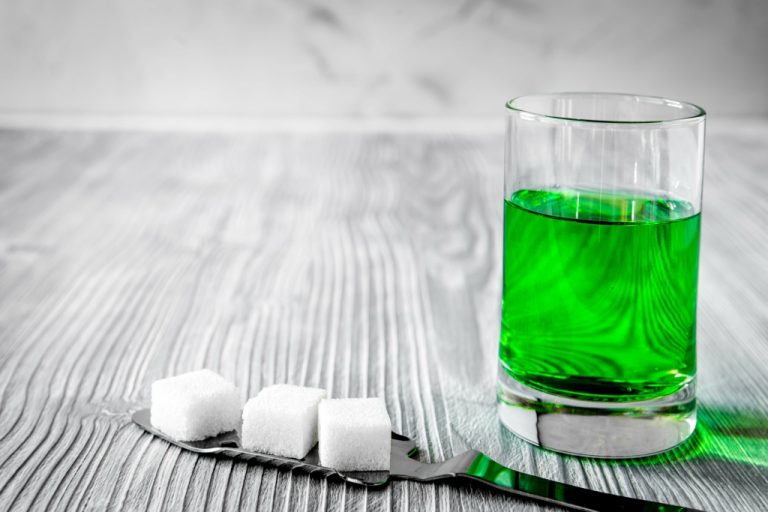Individuals with NPD may do whatever it takes to achieve power, beauty, and admiration, even if it causes great harm, like Narcissus in the Greek tragedy. Risk-taking behaviors, including alcohol and drug abuse, are common in individuals with NPD. We address mental health challenges by educating, supporting, and empowering. Through reliable resources and accessible services, we guide people toward self-understanding https://anime.format.style/2021/01/28/drinking-alcohol-while-pregnant/ and connection.
Intersecting Issues
- It’s an intense mental health condition categorized by rapid and intense mood swings and fear of abandonment, which often leads to unstable relationships and a distorted self-image.
- Because narcissists display emotions differently from others, knowing when they’re being genuine can be difficult.
- Narcissistic individuals often use alcohol as a coping mechanism to deal with underlying insecurities, anxiety, or depression.
- Experiences of abuse, inconsistent parenting, or excessive praise may contribute to narcissistic tendencies.
- Below, we’ll dive into just how strong the link between narcissism and alcoholism is, the similarities and differences of these disorders, and what to do if you or someone you love shares these traits.
It can lead to greater self-awareness and a more empathetic way of relating to others. It’s a more in-depth form of therapy that helps individuals identify and change patterns that have framed their personalities in their minds. It involves identifying early life experiences that may have contributed to the formation of an exaggerated sense of self-importance. People with narcissism suffer many consequences of this personality disorder. The National Institute of Health (NIH) published a study on what some of these consequences may be. Understanding common misconceptions about narcissists and how to navigate their emotional responses can help you build a healthier relationship with a loved one.
Health Conditions
Co-occurring disorders have a profound impact on individuals and families. Alcohol is sometimes used as a maladaptive coping mechanism to help people with NPD manage insecurities and emotional discomfort. In addition, the need to constantly look and act perfect may cause some people with NPD to develop depression, anxiety, or other mental health symptoms. Narcissism and alcoholism both worsen symptoms people may be trying to avoid. In this post, I am talking about the majority of people with borderline personality disorder (BPD) who are not in treatment and do not self-identify as having BPD. Nearly 40% of those with borderline personality disorder also have narcissistic personality disorder (NPD).1 A person can have one disorder and traits of the other as well.
- Alcohol lowers inhibitions, making it easier for narcissists to act on their desires and impulses without feeling restrained by social norms or consequences.
- With both conditions, the benefits of therapy depend on your willingness to work on yourself.
- Research has shown evidence that people with narcissism have an increased risk of addiction.
Narcissism vs. Narcissistic Personality Disorder (NPD)
Others with narcissistic traits may fit on the lower end of the narcissistic spectrum. Alternatively, having a narcissistic personality disorder can make a person more susceptible to the abuse of alcohol. An alcoholic narcissist has an excessively grand view of themself, Alcoholics Anonymous or they’re using alcohol to help cope with an underlying shame.


The combination of these conditions often results in a cycle of dependency and deteriorating health. Alcohol can have a profound impact on individuals with narcissistic personality disorder (NPD). This reflects the broader connection between narcissism and alcohol abuse that many clinicians observe. It often exacerbates their symptoms and creates a vicious cycle of destructive behavior. Recognizing this interplay highlights the importance of comprehensive care, such as that provided by dual diagnosis treatment centers in Pennsylvania.
What do grandiose narcissists want?

Effective treatment for narcissistic alcoholism requires a multifaceted approach. Psychotherapy, medications, and support systems play crucial roles in addressing both the alcohol use disorder and narcissistic personality traits. Narcissistic alcoholics often struggle to maintain healthy relationships due to their self-centered behaviors and substance abuse issues.
A 2018 meta-analysis looked at the results of 62 studies and found that grandiose narcissism has a moderate association with increased social network use. It found that individuals with grandiose narcissism have more friends and followers, post more often, and spend more time on social media than other people. A 2014 study looking at infidelity also found that people with narcissism were more likely to be unfaithful during a relationship. A 2015 study of college sexual assaults revealed that perpetrators scored highly on a narcissistic personality scale after completing a questionnaire. These individuals are very outwardly grandiose, arrogant, self-absorbed, and attention-seeking. Because of this, a grandiose narcissist is often the easiest to spot.
- Since narcissists are very grandiose, they may be more likely to engage in risky behavior, whether that’s excessive substance use itself or reckless behavior while drinking, says Lyter.
- Medications may be prescribed to manage alcohol cravings and withdrawal symptoms.
- When it comes to substance abuse, some addictions have similar traits to narcissism, which require treatment programs.
Dove Recovery
However, NPD is a personality disorder (enduring patterns), while AUD is a substance‑related medical condition characterized by impaired control over covert narcissist alcoholic drinking and related harms. An alcoholic may become irritable, distant, or critical toward his spouse. When narcissistic traits are present, the treatment can include gaslighting, manipulation, or emotional neglect, leaving the partner feeling unheard and devalued. As a result of self-centeredness and denial, alcoholics can behave in manipulative ways. Like narcissists, they may threaten harm to themselves or others if they don’t get what they want. They may pretend to be nice for a short while to get other people to leave them alone.
People with grandiose narcissism tend to have very high self-esteem, behave in a dominant way, and overestimate their own capabilities. Not all narcissists are abusers, but some may engage in narcissistic abuse, which is typically emotional abuse. Additionally, Lyter says there’s an increased risk of domestic violence in people with alcohol use disorder. If people have risk factors for AUD, feel they are drinking excessively, or cannot control their alcohol intake, they can speak with a healthcare professional.